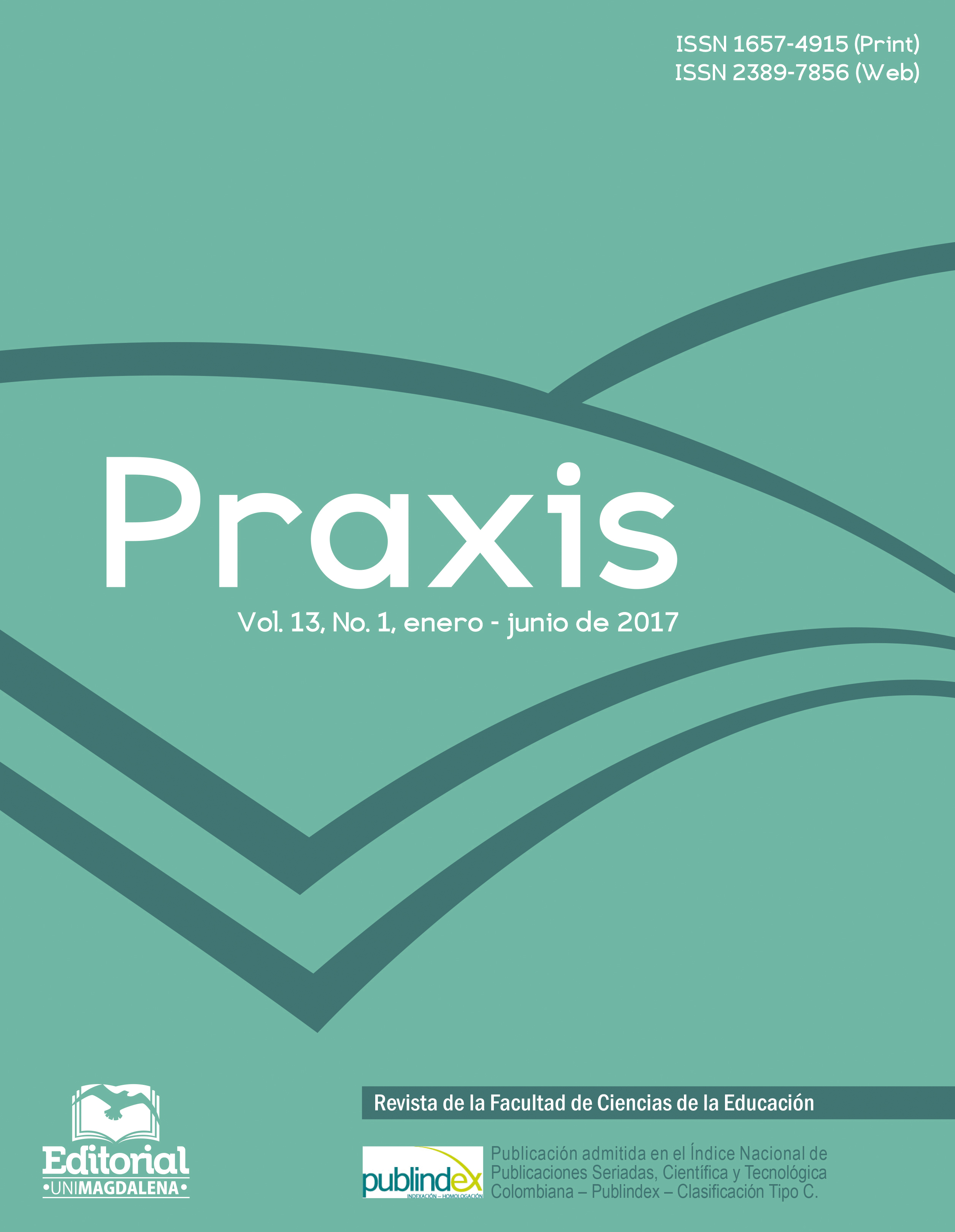Ecopedagogy and living well: Sustainability paths
Main Article Content
Abstract
The discovery of Earth as a living evolving system has aroused new sensibilities and perceptions in human beings. On the one hand, the acknowledgment of Earth as our “patria-matria” (fatherland-motherland) of origin, has not only reminded us of our membership in the community of life, but it has also helped us to get rid of the anthropocentric ego that moved us away from her. On the other hand, and as a result, human beings show concern for keeping her safe, and, of course, the desire to guarantee our survival as a species. This document intends to shed some light on sustainability paths, and the development of practices that benefit the sustaining of all living beings on earth. We consider that it is necessary to start exploring new ways to inhabit our Earth, exercising responsibility within a planetary citizenship; it is on these grounds that we present our proposal for living well.
Downloads
Article Details
References
Agudelo, C., Martínez, L., & Ortíz, I. (2013). Gestión del conocimiento: un activo intangible a través de la investigación. Praxis, (9), 108-113.
Amaya, P. (2000). Colombia, un país por construir. Bogotá, Universidad Nacional de Colombia.
Boff, L. (2010). Economía: tres usos del dinero. Diario digital El País. Recuperado de www.servicioskinonia.org/boff/articulo.php?num=371
Boff, Leonardo. (2011). Ecología: Grito de la
tierra, grito de los pobres. Madrid: Trotta.
Boff, Leonardo. (2012). El cuidado necesario. Madrid: Trotta.
Capra, F. (1992). El punto crucial. Buenos Aires: Troquel.
Carvajal, J. (1995). Un arte de curar, aventura por los caminos de la bioenergética. Bogotá: Norma.
Dossey, L. (1999). Tiempo, espacio y medicina. Barcelona: Kairós.
Elizalde, A. (2003). Desarrollo humano y ética para la sustentabilidad. México, PNUMA – Oficina regional América Latina y el Caribe.
Hinkelammert, F. & Mora, H. (2009). Hacia una economía para la vida. Bogotá: Proyecto Justicia y Vida.
Gadotti, M. (2002). Pedagogía de la Tierra. Ciudad de México: Siglo XXI.
Gutiérrez, F. & Prado, C. (2015). Ecopedagogía y ciudadanía planetaria. Ciudad de México. De La Salle Editores.
Lovelock, J. (1985). Gaia, una nueva visión de la vida sobre la tierra. Barcelona, España, Ediciones OTBIS, S.A.
Marañón, B. (2014). Buen vivir y descolonialidad. Crítica al desarrollo y la racionalidad instrumentales. México: UNAM.
Maturana, H. (1995). La realidad: ¿objetiva o construida? Fundamentos biológicos de la realidad. Barcelona: Anthropos.
Newbold, R. (2001). El octavo día. La evolución social como autoorganización de la energía. México, Universidad Autónoma Metropolitana.
Osorio, S. (2015). Bioética y pensamiento complejo: estrategias para enfrentar el desafío planetario. Bogotá, Universidad Militar Nueva Granada.
Payán, J. (2000). Lánzate al vacío, se extenderán tus alas. Bogotá: Mc Graw Hill.
Pearsall, P. (1996). La salud por el placer. Alameda, California: EDAF S.A.
Sábato, E. (1998). Antes del fin. Buenos Aires: Seix Barral.

